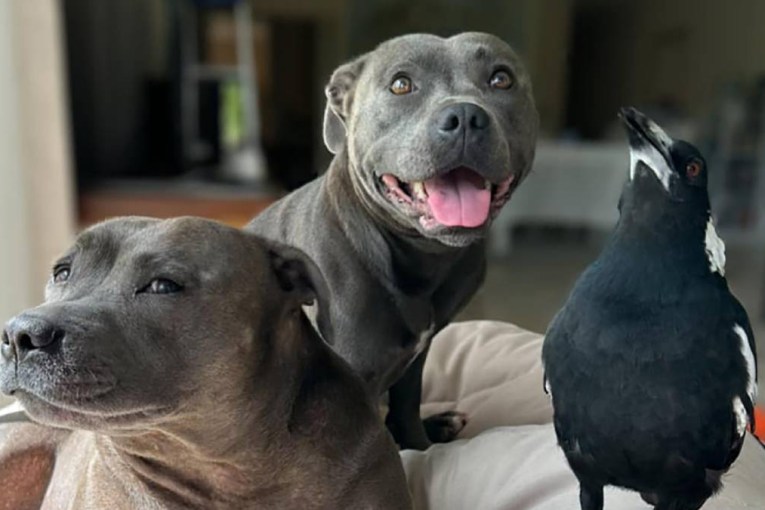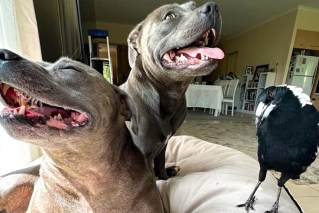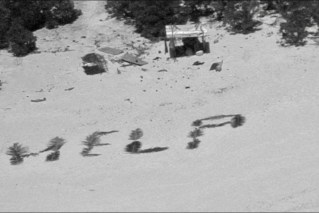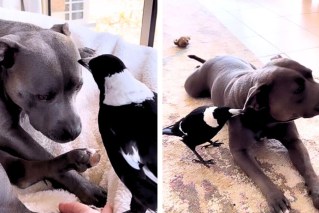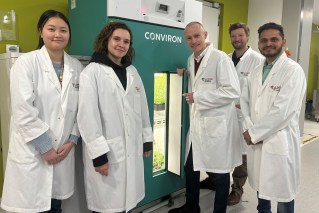Wallabies with unique DNA found in remote WA
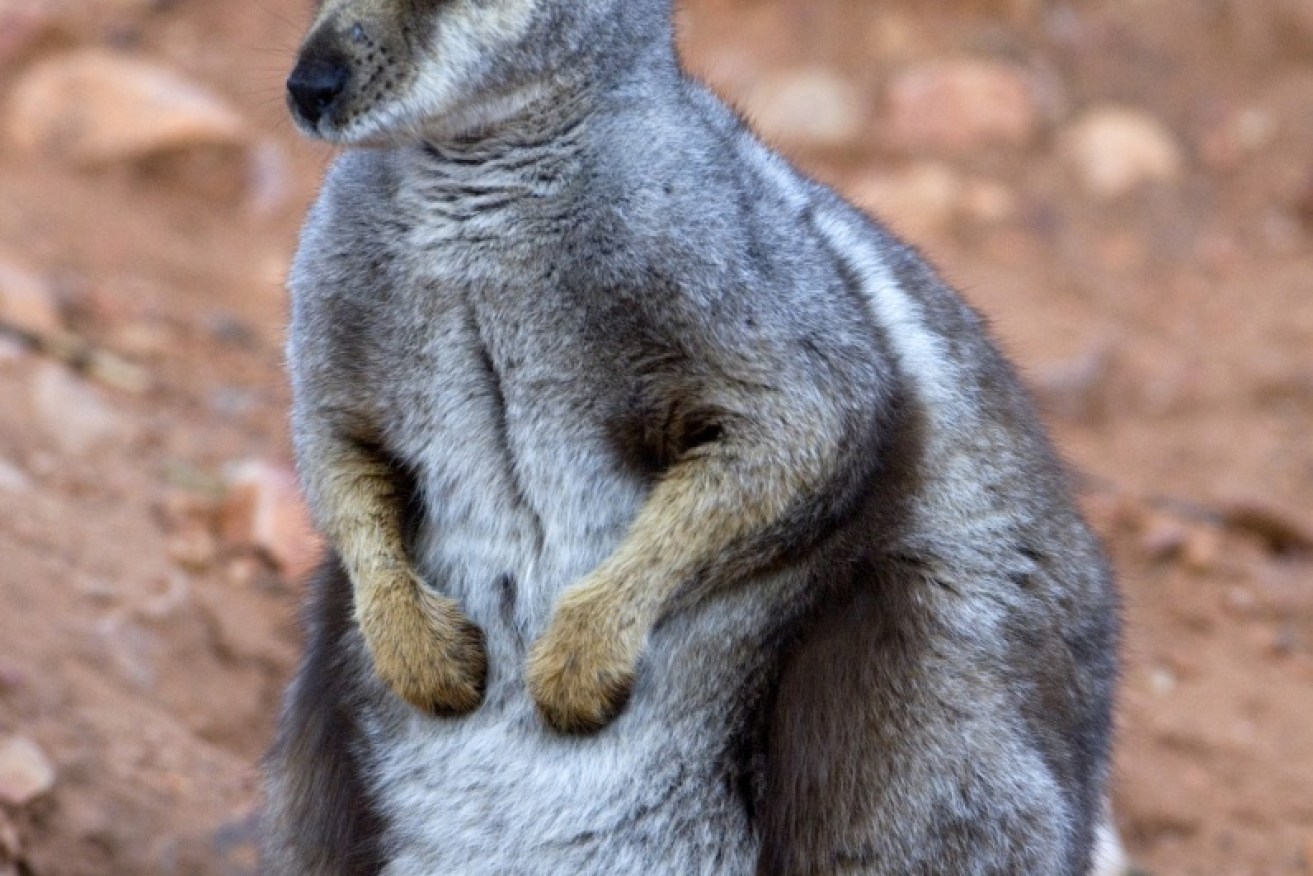
Getty
A pair of elusive wallabies living in a remote gorge in Western Australia have extremely unique genetics, studies have revealed.
DNA was taken from droppings from two black-flanked rock wallabies found at Kalbarri National Park, 500 kilometres north of Perth, in August.
Experts thought the animals had died out in the area decades ago.
• ‘Extinct’ hare-wallaby found in Kimberley
Department of Parks and Wildlife (DPAW) Mid West regional manager Anthony Desmond said the DNA revealed the animals have genetics unlike any other known wallaby population in WA.
“The Kalbarri ones are somewhat different to everything else that we’ve tested,” he said.
“So they’ve got some unique genetics in them, which is fantastic, it’s a really interesting thing that those couple have managed to hang on out there.”

The black-flanked rock wallaby was considered extinct until this pair were discovered. Photo: Getty
Mr Desmond said the animals’ nearest relatives are in the Calvert Range, in the Little Sandy Desert, almost 1000 kilometres away.
“They used to probably migrate across areas when everything was bush from one end to another, from one little bit to another little bit,” he said.
“But obviously these days that’s much more difficult for them, with big gaps in between … so these guys have been isolated for a long time and they’re quite different from anywhere else.”
Plan to truck in wallabies to boost population
The Department had been planning to introduce black-flanked rock wallabies from a thriving population in the Wheatbelt to the national park, before the pair and the uniqueness of their DNA were discovered.
“It would have been nice and neat if they had been closely related to those Wheatbelt ones, but that’s OK, animals are never easy to work with,” Mr Desmond said.
“It is a bit of a challenge but it’s really good to see that nice and unique group surviving there in Kalbarri.”
The Department is yet to decide whether to introduce other wallabies to the area or to let the pair, who had a joey in pouch, fend for themselves.
Mr Desmond said while either option comes with a risk and it is more likely animals will be moved in to Kalbarri to supplement the population.
The Department is trying to protect the uniqueness of the animal’s genetics, while ensuring the population does not completely die out from the area.
Mr Desmond said staff from the Department will present a range of options to genetic experts in coming months.
-ABC
